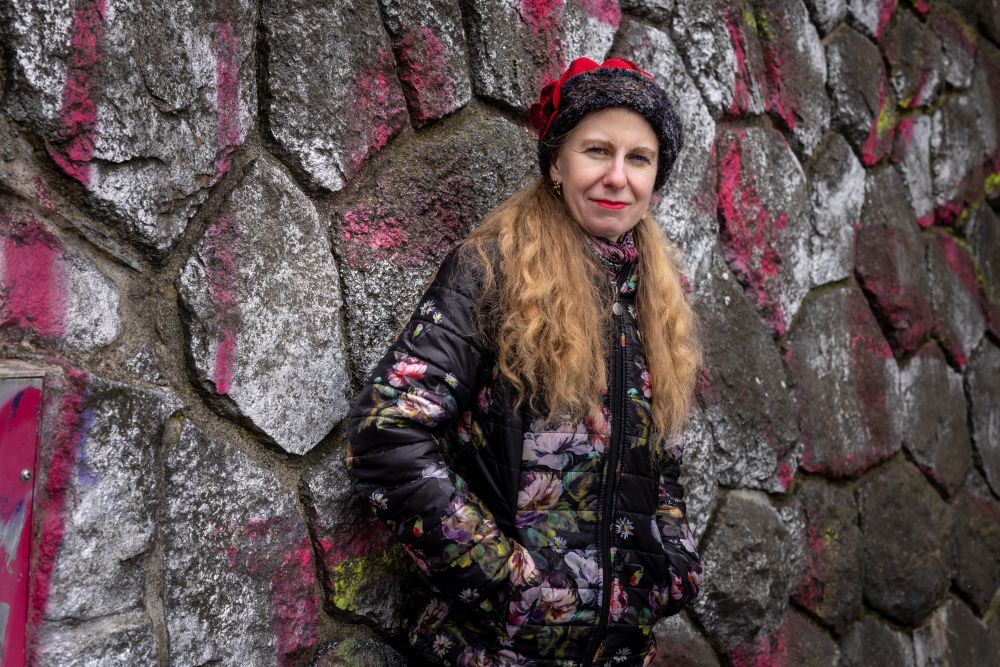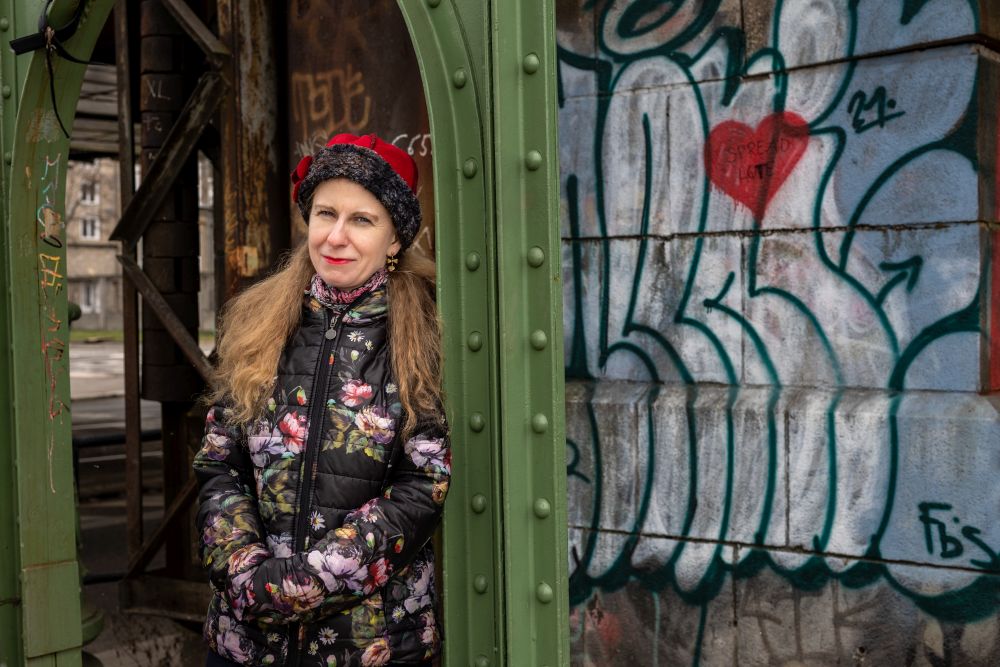It is among 20 research projects newly supported by Charles University. A unique University Centre for Conflict and Post-Conflict Studies in Central Europe has been established at the Faculty of Law of Charles University under the leadership of Professor Veronika Bílková. It will focus on the legal aspects of armed conflicts and on post-war coping with the past.
Professor Veronika Bílková has been working on international humanitarian law, the use of force in international law and human rights throughout her professional life. She has long specialised in Eastern Europe, with a particular focus on Ukraine since the annexation of Crimea and the outbreak of the conflict in the Donbas in 2014. She represents the Czech Republic on the Venice Commission, an advisory body of the Council of Europe. Following the Russian invasion of Ukraine in February 2022, she visited the country twice as a member of the Organisation for Security and Cooperation in Europe (OSCE) expert mission.
Reverberations of the war in Ukraine have been felt and had an impact also on the Czech Republic and, by extension, on the entire Central European region. For this reason, Professor Bílková began to work to build a research centre similar to those with a long tradition in the West, dealing with the legal aspects of armed conflict and post-war settlement. As Professor Bílková points out, we share a similar historical experience with Eastern Europe, which helps us better understand what is happening there and why.
”We ourselves lived through totalitarian regimes and wars in the 20th century. We have a cultural understanding of this environment. For example, the Ukrainian legal system is based on similar roots as the Czech legal system, so it belongs to the continental legal culture, while still bearing traces of the law of the Soviet period. I believe that we can bring our historical experience and greater understanding of the CEE region to research. But we do not want to fit into the role of regional specialists, we are also interested in conflicts in other regions,” says Professor Bílková, who has been the head of the Department of International Law at the Faculty of Law of the Charles University since last year.
| The University Research Centres Competition (UNCE) has been running at Charles University since 2011. Teams that can persuade the CU's Science Support Programmes Committee that their basic research projects make sense will receive a grant for up to six years of their work. Last year, Charles University announced the third round of the competition, in which 20 projects succeeded, including the one submitted by Bílková. “I regret that only two projects led by women were supported in the competition across the whole university. It is clear that there are still not many women in senior scientific positions,” she says. |
The university's Centre for Conflict and Post-Conflict Studies began operating in January. For the next five years, its team will be able to conduct research thanks to a grant awarded by Charles University. The team intends to conduct long-term continuous legal research focused on selected topics related to armed conflicts not only in Ukraine, but also in the Middle East and other regions.
“We want to investigate what rules are applied during armed conflict, not only the rules of international humanitarian law, human rights law and international criminal law, but also the rules of domestic law, because during armed conflict both the state directly affected by the conflict and other states often change their legislation or start applying it in a different way than in peacetime. In our country, this is typically prosecution for the crime of authorising aggression,” Professor Bílková explains, adding that “the second pillar of our project is oriented towards the post-conflict period and focuses on the restoration of the legal order in the country affected by the conflict and on so-called transitional justice, i.e. forms of coping with the legacy of the armed conflict. Examples include the prosecution of perpetrators of war crimes or compensation for victims.”
Professor Bílková is now assembling what should prove to be a formidable team, which should include, in addition to scientists and scholars from the Faculty of Arts, external experts from various research institutions, from the state administration or specialists who have worked, for example, in international courts and other international organisations. “We also approached male and female academics from various prestigious foreign institutions where they use theoretical or methodological approaches that are not known in the Czech Republic. Experts from Germany, Austria, Poland, Ukraine and the USA have already promised to cooperate with us. We would like to put our research centre on the map of world scientific research in this field,” Bílková says with emphasis, adding that several junior positions have not yet been filled.
“We would like to attract junior scientists to the centre not only from Prague, but also from other universities in the Czech Republic and abroad. One of the goals of the project is to give space to new promising scientists at the Faculty of Arts, to contribute to the internationalisation of the faculty environment and to reduce the rate of inbreeding (employment of own graduates, ed.), which is now considerable," concluded Professor Bílková.
| Professor Veronika Bílková |
| Veronika Bílková graduated from the Faculty of Law of Charles University and the Faculty of Arts of Charles University (political science - French) and the University of Cambridge. Her main interests are international humanitarian and international criminal law, use of force in international relations, counter-terrorism law and human rights. Since last February, she has been the head of the Department of International Law at the Faculty of Arts, and is also a member of the International Law Centre at the Institute of International Relations. She represents the Czech Republic in the so-called Venice Commission of the Council of Europe, and in the past she worked at the Ministry of Defence of the Czech Republic, at the non-profit organisation People in Need and at the international NGO International Commission of Jurists, where she focused on human rights and counter-terrorism issues, especially in the context of Central and Eastern Europe. She is the author of several books and dozens of articles published in the Czech Republic and abroad. |
















